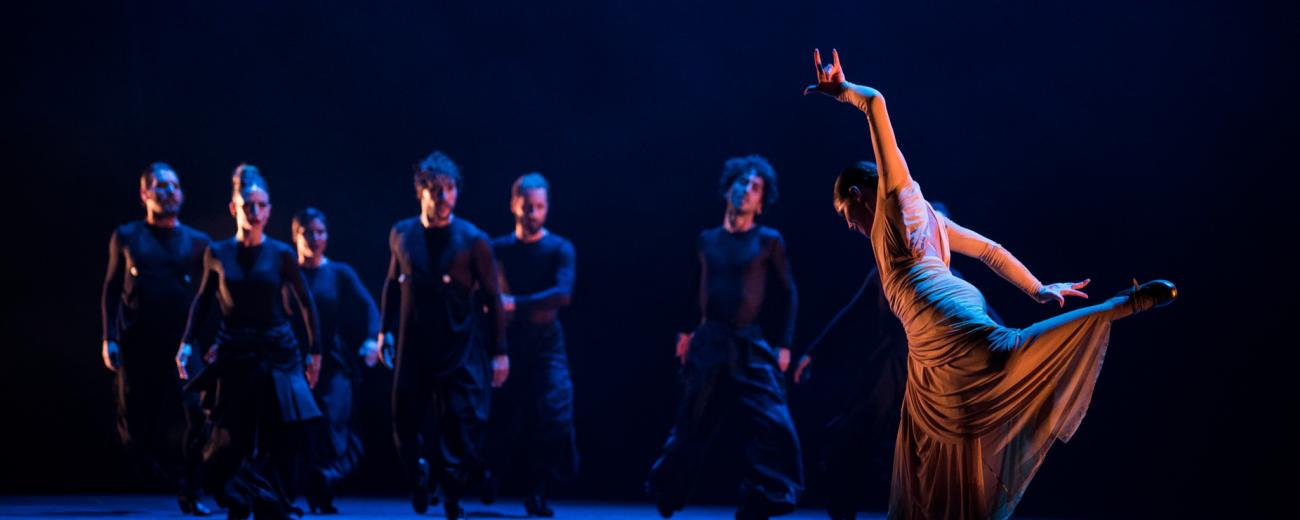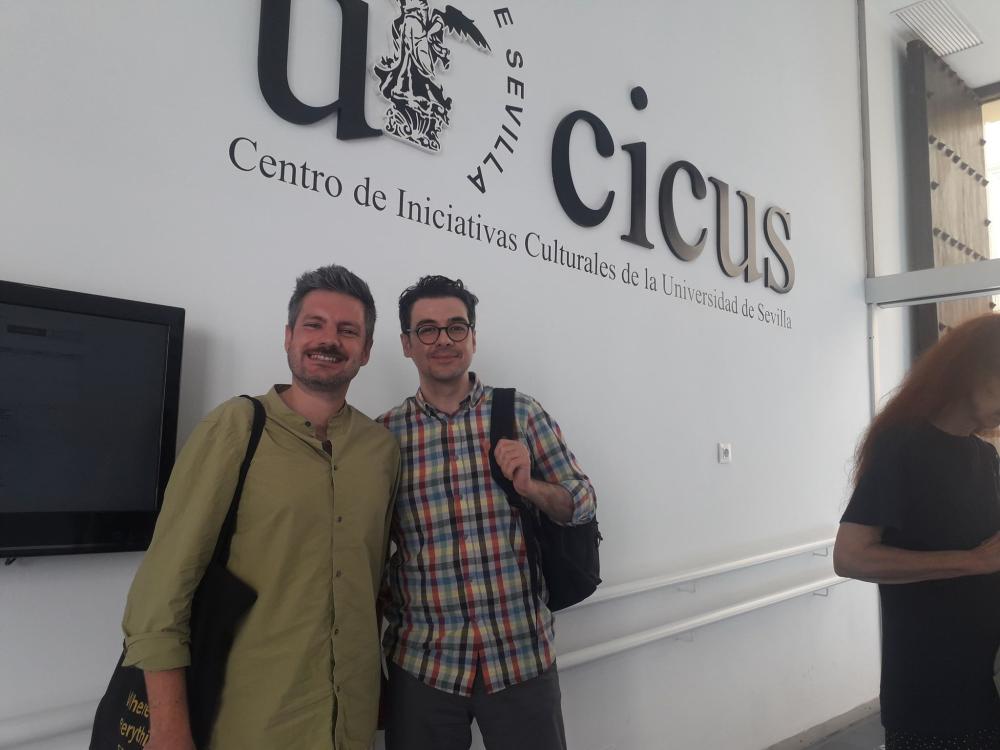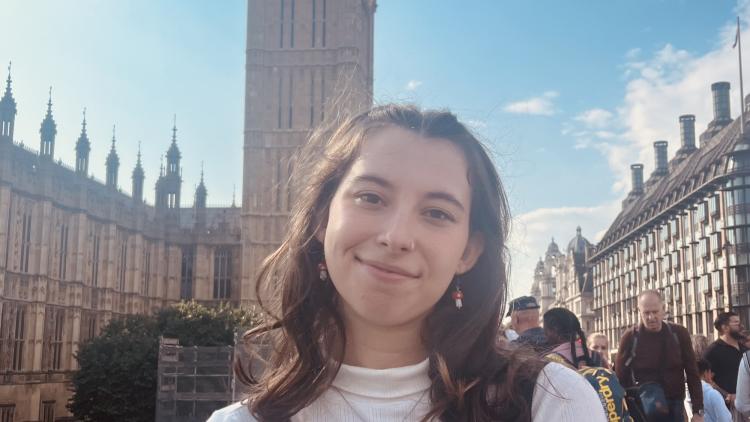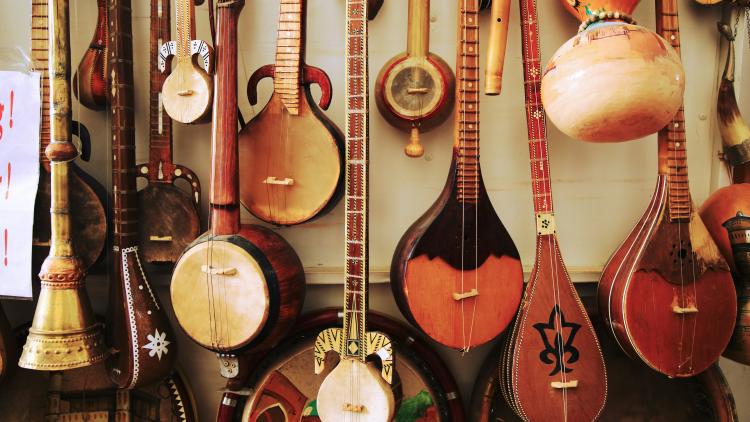Dr Richard Williams and Dr Saeid Kordmafi speak at Flamenco Music Festival in Seville


Dr Richard Williams and Dr Saeid Kordmafi, from the Music department, delivered lectures in the conference of ‘The 1922 Contest: Crystallization of Flamenco as a World Music Genre’ (19-23 September 2022). The conference was part of the XXII Bienal de Flamenco de Sevilla, the most important national music event in Spain, featuring some of the most renowned flamenco singers, instrumentalists, and dancers of our time for some two months in a city which is currently known as the main pillar of Andalusian music tradition.
The conference critically reflected on the legacy of the Granada Cante Jondo Competition in 1922 from a global perspective. Although the 1922 Competition shaped discourses about Spanish music and dance, it can also be seen in the context of similar, equally formative conferences on the performing arts around the world. With the aim of yielding comparative insights as to ideological and cultural underpinnings of these events, eight international scholars were invited to reflect on the similar events in India, New York, Cairo, Sao Paulo, Budapest, Buenos Aires, Izmir-Athens, and Havana. Each lecture was followed by the talks of local respondents who sought to compare the Granada Competition with its counterparts in the localities mentioned. The last day of the conference, a plenary session, was exclusively allocated to the 1922 Granada Competition, referencing the discussions made over the one-week conference.
Richard Williams’ talk, titled All-India Music Conferences, from Baroda to Madras, 1916-1927 reflected on the impact of a series of meetings held in India, where musicians and scholars imagined new possibilities for the role music could play in the life of the nation. In particular, he examined how the speakers at these conferences argued for competing accounts of their musical past, by invoking either Hindu nationalist or Islamic universalist imaginaries.
Saeid Kordmafi’s lecture, Ideology vs. Practice: Politics of Canonisation and Preservation in the Cairo Congress of Arab Music 1932, in part explored the organisation and agenda of the congress, its historical background, the positionality of both native and Western participants, the aesthetic and epistemological dynamics among various troupes involved and their ideologies as expressed and applied, briefly looking at the outcomes of the congress and how and to what extent it influenced thinking in and about music in the Arab World.
Header photo: Biennial Flamenco Photographic Archive / Claudia Ruiz Caro


